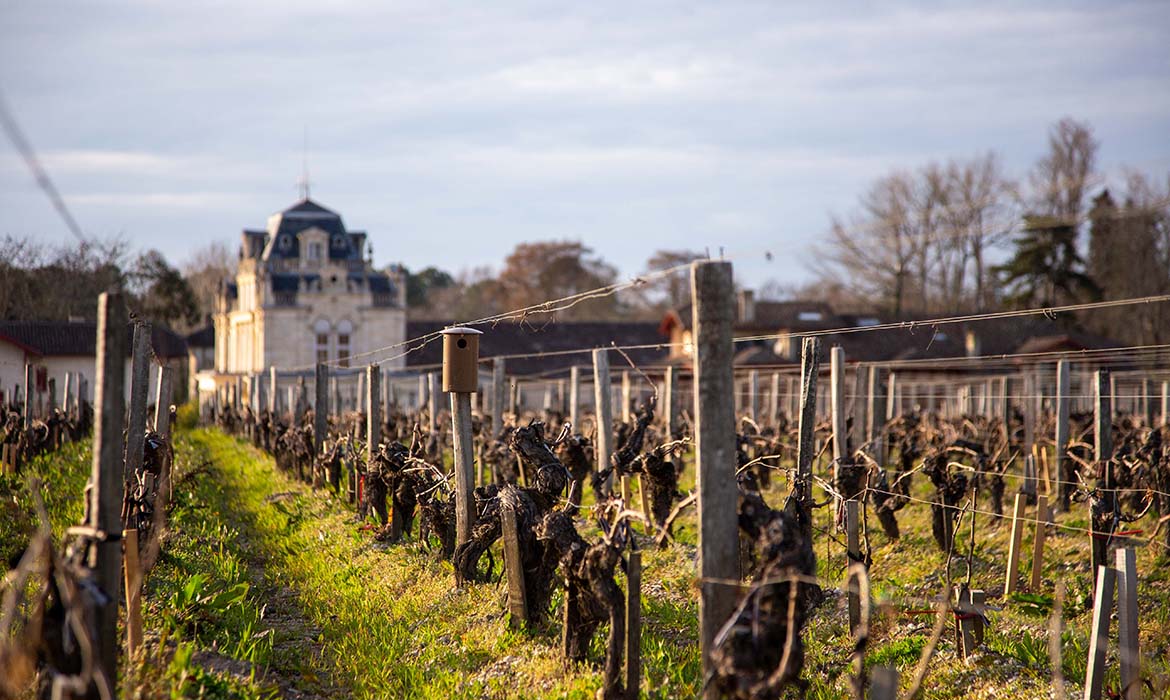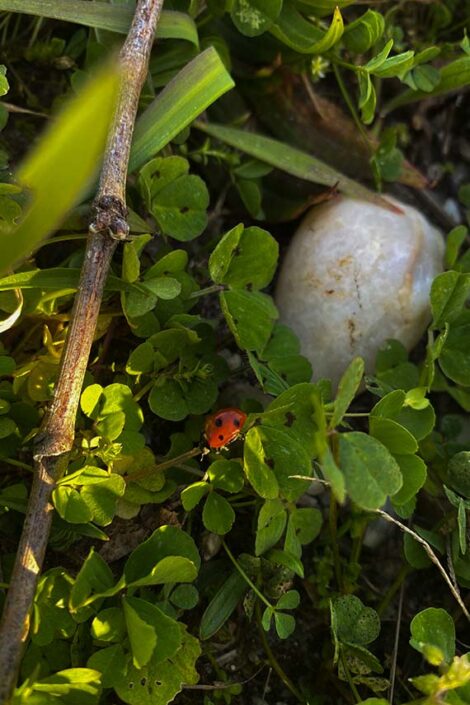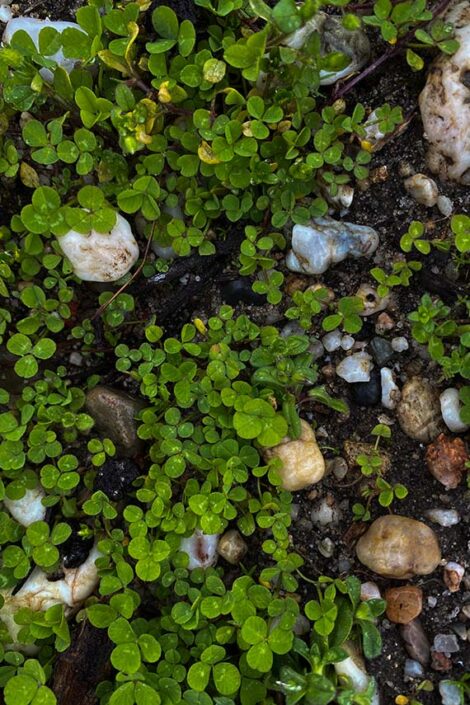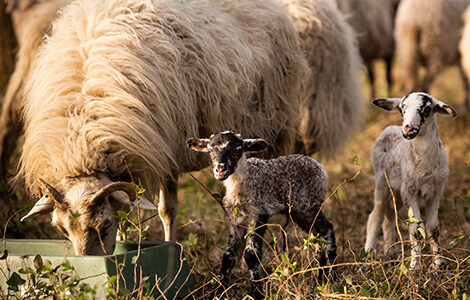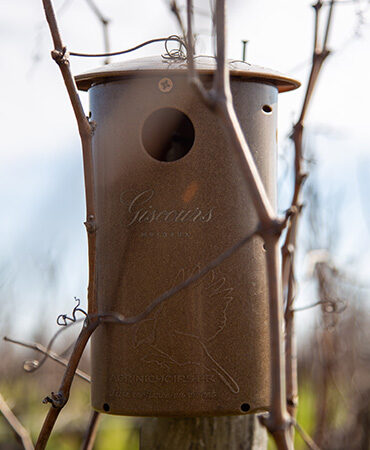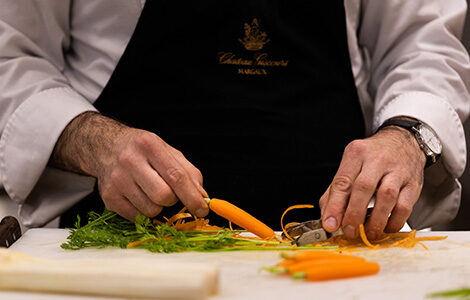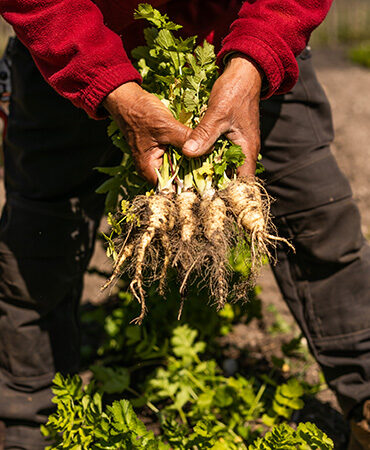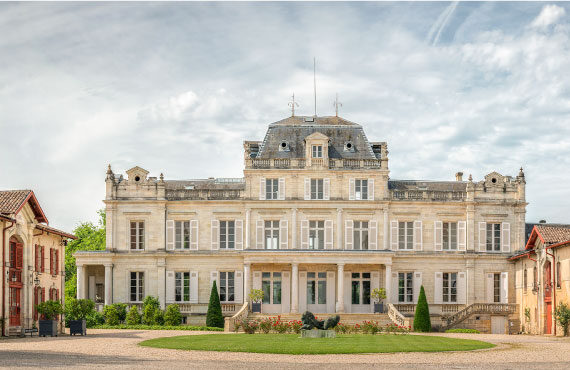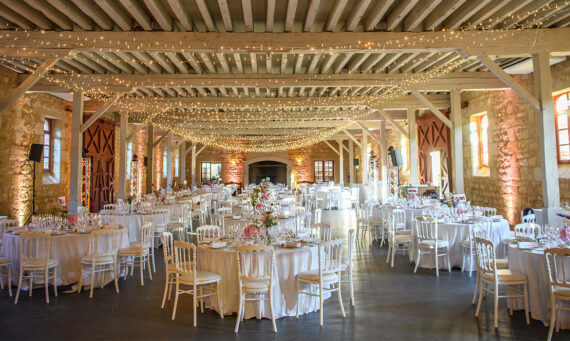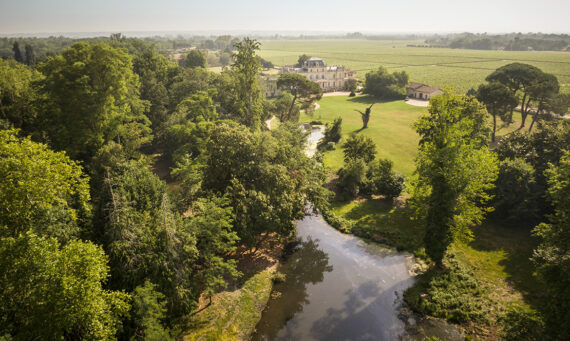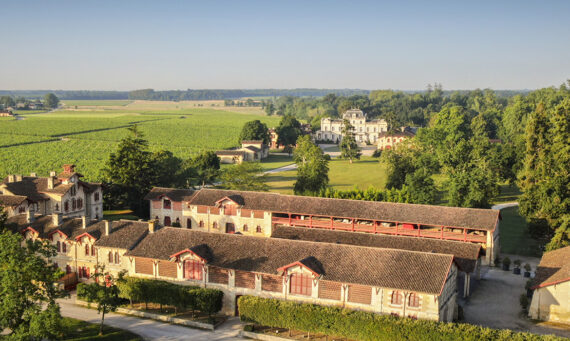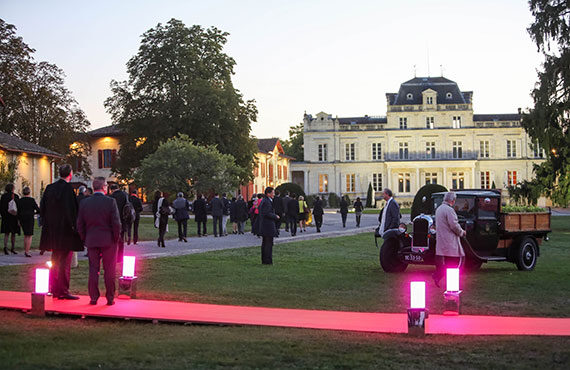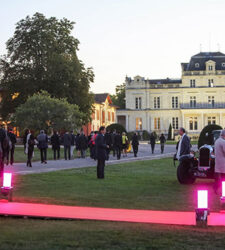Biological study of the vineyard ecosystem
For a long time, wine estates tended to grow their vines in an isolated, mechanical fashion. Only chemical and physical fertility were taken into account. Fortunately, these practices have since changed, and vines are now examined within the context of their environment as a whole. We are interested in soils’ biological fertility and in the biodiversity of vineyard ecosystems.
Château Giscours is particularly interested in this care and attention paid to ecosystem biology.
We have not used any herbicides, insecticides or products harmful to our winegrowers’ health on our land for ten years. We have replaced them with mating disruption, a biological method designed to impair the reproduction process for harmful species in order to reduce their numbers in the vineyard.
‘We have not used any herbicide products at Giscours for many years. We perform machine weeding, which we are seeking to reduce. We nurture the soil: in other words, we seek to have a positive impact on all aspects of its fertility. We want to improve the soil’s biodiversity and humus levels’, as Jérôme Poisson, General Manager at Château Giscours, explains.
